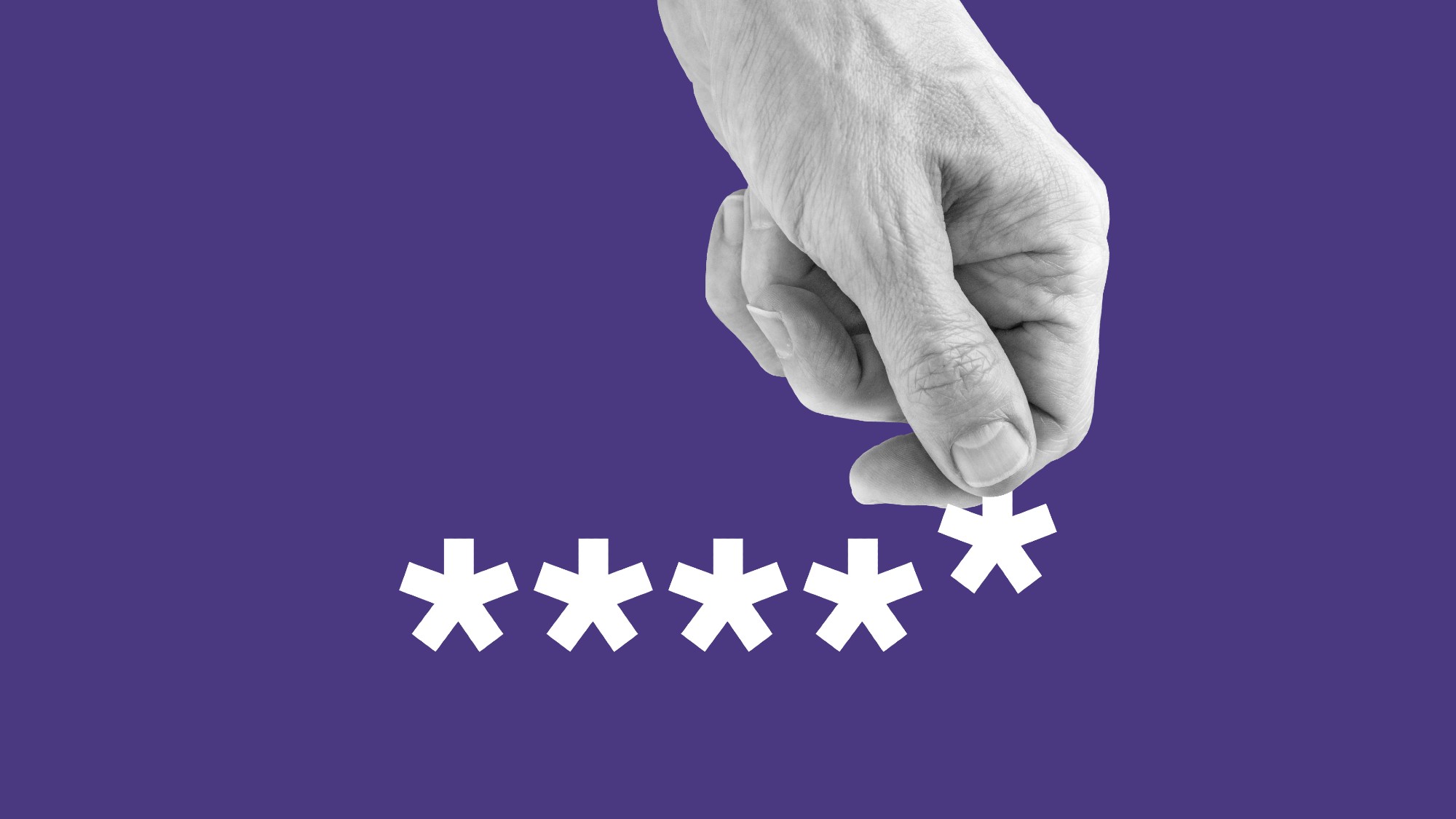When did computer passwords become a thing?
People have been racking their brains for good codes for longer than you might think


A free daily email with the biggest news stories of the day – and the best features from TheWeek.com
You are now subscribed
Your newsletter sign-up was successful
Modern password management has become so complicated that there are entire apps like Bitwarden and Dashlane to help people use them. For those old enough to remember the early Internet era, however, even the ubiquitous login screen on your own computer would have seemed bizarre, let alone the reality of remembering dozens of different login configurations for everything from your work email to your retirement accounts.
Origins of computer passwords
Passwords are "not a physical barrier or obstacle" but rather "a unit of text: that is to say, written language," said The Conversation. And "even the strongest password" can be put to work "anywhere and at any time once it has been separated from its assigned user." That's why the study and design of passwords has become an important component of cybersecurity and a routine feature of most people's daily lives.
While the "password's creation is shrouded in the mists of history," the first digital version almost certainly "must have come from MIT's Compatible Time-Sharing System" in 1961, said Wired. That system was designed to let multiple users have privacy on the same computer terminal. To authenticate individual users on the new system, researchers chose passwords instead of "knowledge tests," which would ask for "something that other people probably don't know — your mother's maiden name, for example."
The Week
Escape your echo chamber. Get the facts behind the news, plus analysis from multiple perspectives.

Sign up for The Week's Free Newsletters
From our morning news briefing to a weekly Good News Newsletter, get the best of The Week delivered directly to your inbox.
From our morning news briefing to a weekly Good News Newsletter, get the best of The Week delivered directly to your inbox.
Computer passwords were a "way for users to hide away the files and programs they were working on from others on the same machine" and are widely credited to MIT's Fernando Corbato, said BBC. Today, digital passwords are ubiquitous. And the reality is that most people "use the same password for multiple accounts, and these passwords are typically personalized," said The New York Times. The pervasiveness of passwords and password management can be traced to the rise of the Internet, before which most people would likely have needed only a handful of them to, for example, access an ATM.
Are passwords still working?
During the late 1990s, an "Internet user rarely had to do more than enter a simple, easy-to-remember email password," but a decade into the 21st century, most people were juggling a "mind-boggling array of personal codes squirreled away in computer files, scribbled on Post-it notes or simply lost in the ether," said the Times. By the early 2000s, "conventional wisdom advocated for passwords that were highly complex, combining upper and lower case letters, numbers and symbols," said Forbes. The age of password anxiety was in full swing.
Password architecture has its critics. The average person maintains nearly 200 sets of login credentials, which is a problem because passwords "aren't just difficult to manage, they are inconvenient, insecure and expensive," said the World Economic Forum. Frustration with passwords stems from the burden of "having to remember strings of code for dozens of digital accounts," said The Wall Street Journal. And passwords have failed to prevent one prominent data breach after another.
Ultimately, because "the system of passwords is dumb and you can only do so much to protect yourself in this broken system," we are likely moving slowly toward "a password-less future," said The Washington Post. But we're not there yet. The "long game of slowly grinding down the password's dominance," said Wired, including the adoption of passkeys, is still in its early stages.
A free daily email with the biggest news stories of the day – and the best features from TheWeek.com
David Faris is a professor of political science at Roosevelt University and the author of "It's Time to Fight Dirty: How Democrats Can Build a Lasting Majority in American Politics." He's a frequent contributor to Newsweek and Slate, and his work has appeared in The Washington Post, The New Republic and The Nation, among others.
-
 The ‘ravenous’ demand for Cornish minerals
The ‘ravenous’ demand for Cornish mineralsUnder the Radar Growing need for critical minerals to power tech has intensified ‘appetite’ for lithium, which could be a ‘huge boon’ for local economy
-
 Why are election experts taking Trump’s midterm threats seriously?
Why are election experts taking Trump’s midterm threats seriously?IN THE SPOTLIGHT As the president muses about polling place deployments and a centralized electoral system aimed at one-party control, lawmakers are taking this administration at its word
-
 ‘Restaurateurs have become millionaires’
‘Restaurateurs have become millionaires’Instant Opinion Opinion, comment and editorials of the day
-
 Can Europe regain its digital sovereignty?
Can Europe regain its digital sovereignty?Today’s Big Question EU is trying to reduce reliance on US Big Tech and cloud computing in face of hostile Donald Trump, but lack of comparable alternatives remains a worry
-
 Claude Code: Anthropic’s wildly popular AI coding app
Claude Code: Anthropic’s wildly popular AI coding appThe Explainer Engineers and noncoders alike are helping the app go viral
-
 TikTok finalizes deal creating US version
TikTok finalizes deal creating US versionSpeed Read The deal comes after tense back-and-forth negotiations
-
 Most data centers are being built in the wrong climate
Most data centers are being built in the wrong climateThe explainer Data centers require substantial water and energy. But certain locations are more strained than others, mainly due to rising temperatures.
-
 Data centers could soon be orbiting in space
Data centers could soon be orbiting in spaceUnder the radar The AI revolution is going cosmic
-
 What is Roomba’s legacy after iRobot bankruptcy?
What is Roomba’s legacy after iRobot bankruptcy?In the Spotlight Tariffs and cheaper rivals have displaced the innovative robot company
-
 AI griefbots create a computerized afterlife
AI griefbots create a computerized afterlifeUnder the Radar Some say the machines help people mourn; others are skeptical
-
 The robot revolution
The robot revolutionFeature Advances in tech and AI are producing android machine workers. What will that mean for humans?
